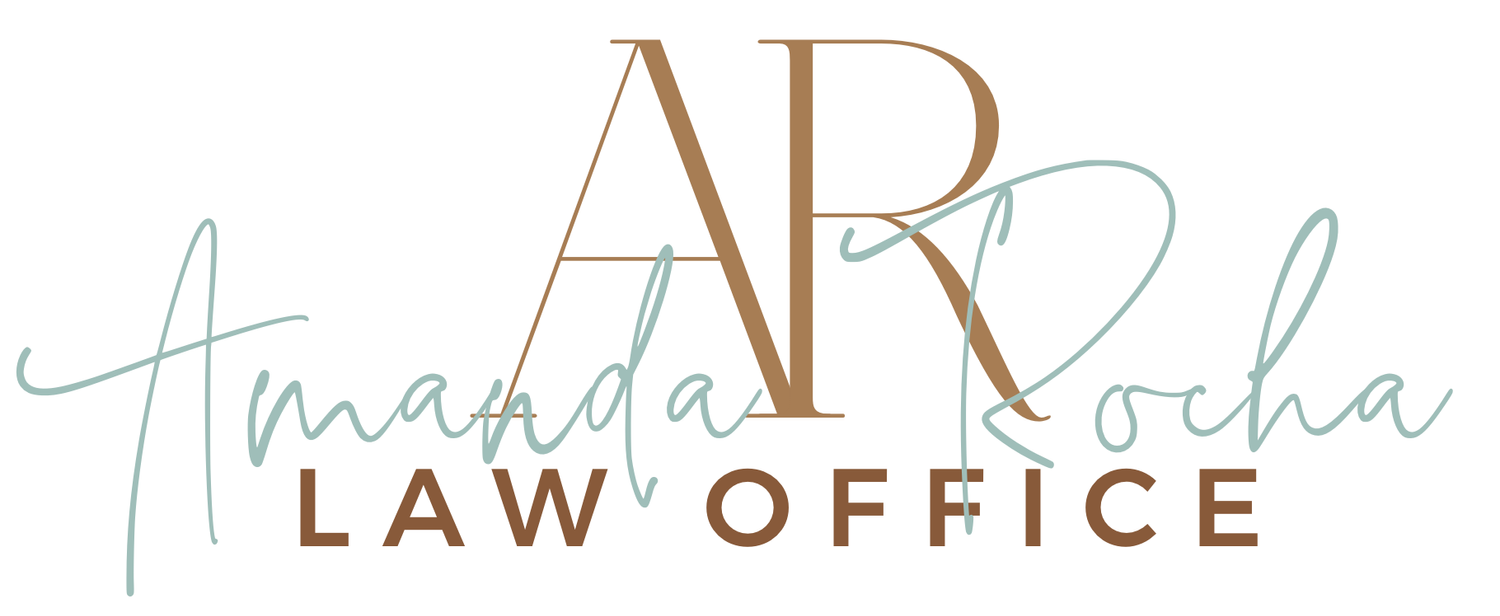How Can You Protect Your Family?
Life takes on a different meaning when you go from being “you” to “us”. Whether you are newly married, have a baby on the way, or have a young family, NOW is the right time to protect yourself and the most important people in your life.
What are your options?
There are several ways you can go about protecting your family. An estate plan is not only creating a will and/or trust! It’s a comprehensive plan that sets you up for success and makes sure your family aren’t left to pick up the pieces in a vulnerable situation.
Life Insurance: If you do not already have a plan, this is of the upmost importance. Life insurance proceeds will ensure that your family has the funds to navigate the unthinkable without making it even more difficult. There are different kinds of life insurance, so be sure to do your research before picking one. Your beneficiary should be your trust, that way the money will not count toward your estate total.
Declaration of Guardian in Advance: Your children are precious and nobody will ever replace you. The perfect choice of a guardian does not exist, but it should be your choice. If you do not choose, a judge will and that means your children could go to foster care over your family if the judge does not find them to be adequate. Learn more about choosing a guardian in detail.
Advanced Healthcare Directive: In California an Advanced Healthcare Directive combines two documents, a healthcare power of attorney and a living will. The power of attorney nominates a person to make healthcare decisions on your behalf, should you be unable to do so. The person has no power until you meet the criteria you deem in the directive. The living will is a document that is provided to your healthcare providers with instructions for any life saving techniques or wishes that you have for your healthcare.
HIPAA Release: Without this legal release, healthcare providers cannot divulge your information to others (outside of your spouse or if you are a minor, your guardians). It is crucial to have someone outside of your spouse listed on a HIPAA release, such as a parent or sibling in case the two of you are together when an accident happens or something happens in quick succession. The people listed on the release have no ability to make decisions on your behalf, however, they are able to at least know the status of your health.
Will: A will is a legal document that lists your wishes for your property after death. If you are married and pass away without a will, any community property (property acquired while married outside of gifts given to you from others) will go to the surviving spouse upon your death. Any separate property (property that you owned before the marriage, that was gifted to you separately during the marriage, or that you acquired with legal separate property status) will be split between the surviving spouse and your children. The ratio depends on whether you have children outside of the existing marriage. A will allows you to decide who the property goes to and you may also name a guardian for your children in your will. You cannot, however, make any stipulations about how your children will be raised. A will also does not avoid probate, so a Judge will have to review it, a conservator will be selected (who is paid per hour per Statute), and probate will ensue. To read in detail about wills, click here.
Trust: A trust is an agreement between you (the maker of the trust) and the trustee (the person chosen to carry out the trust details). It begins to work immediately, so a trust can include plans for your incapacity, unlike a will. A trust does not go through probate, and therefore saves you TONS of money. Trusts own property so that you do not have enough property in your name upon your death to qualify for probate. You can do many things with a trust. To read about them, click here.
Financial Power of Attorney: Choosing a financial power of attorney to act in your place in case you and your spouse are incapacitated is also a crucial step. It allows someone of your choosing to step in, manage your expenses, provide for your children, and speak with banks, creditors, etc.
Why Not Use a Website to Create These Documents?
We have seen the ads on TV; it costs next to nothing to create some of these documents online. They promise that they are up to date and that they will assist you. However, what they do not tell you is that not all forms are created equally. The difference between a statutory form and one that is tailored to you can mean the difference in more than $50,000.00 in probate fees. They also do not tell you that they cannot give you legal advice! Lawyers are hired to create these cookie cutter forms but are not able to tell you what you need for YOU. They can basically explain what each document means. In addition, just because a document is in the correct form, does not mean that it will be filled out correctly, or that the other formalities will be followed correctly. If you have questions about any of those things, they cannot help you.
How Do You Get Started?
First, check out this checklist that will help you get all of your information in one place. In addition to that, it will give you a better idea of what your estate looks like. Then, get in touch! You can call me at (805) 244-5707 or contact me via email.
If you have any questions, please reach out to me! I love to talk to people and pass on any knowledge that I can.

